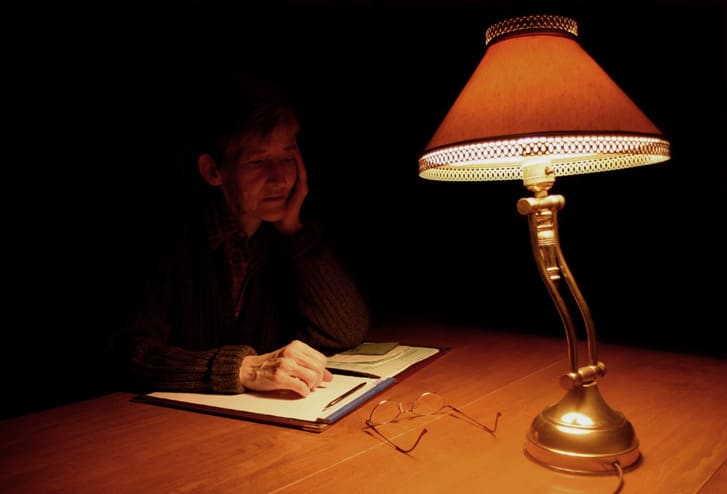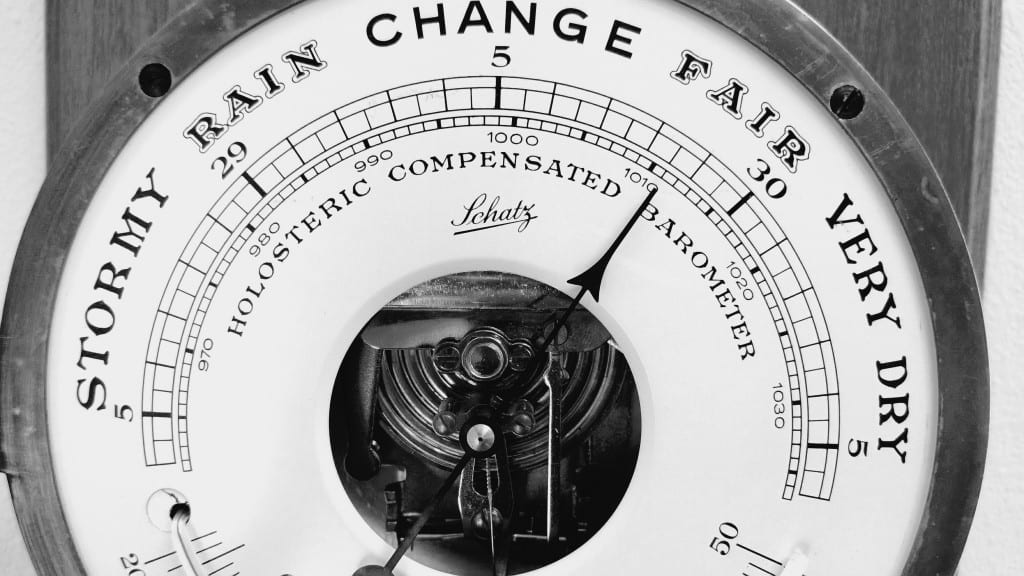When I stop laughing I have to start thinking about leaving. This was my refrain when I first entered the Jesuits. Laughter was a sign of joy, of contentment. If I was laughing — with my brothers, with the people at my ministry sites, with my superiors — then I knew something was ‘right’ about this new life I was testing out. Laughter had become a barometer of sorts, a way to take note of how I was doing — my moods, my inner movements — and it proved a helpful one. Laughter was ever-present, affirming what I sensed somewhere deeper down: a confirmation of my vocation.
In a way, writing these blogs has become a barometer as well. Each month I sit down to write something, usually about what’s happening in the course of my life: visiting with friends and their growing families, interacting with students at Holy Cross where I work, the dynamic within my own family. Though it’s work, I like writing because it helps me to pray, to go deeper into my experiences, to do the work of detecting extraordinary moments of grace in the ordinary circumstances of my life.
Like the barometer of my laughter, the barometer of my writing points to something. But a barometer doesn’t always point to something positive, it simply points to what is. And in the past weeks, my usual barometers have not been showing signs of life. I’m not sure if it’s high pressure or low, barometrically speaking, but it feels like something we call spiritual desolation.
***
It feels as if I have nothing to write, nothing worth saying. I’m not noticing what is going on around me, or recalling in detail conversations or circumstances as I usually can. I can be debilitatingly observant sometimes, noticing every little detail about every person, thing, or even smell in a room, and yet in the past few weeks I haven’t been able to pick anything out of my experiences; nothing comes to the forefront.
It’s not because nothing has been happening. November is a jam-packed month on any college campus, with everyone trying to host their programs before the holidays, before we must surrender to the looming final exam schedule and the long Christmas break that follows. Much has transpired but I haven’t been able to see anything more than the facade of it all. Though my calendar is full I have little to show for it except tired bones and the sluggishness that comes with overcommitment.
Barometers don’t point to what we would like to be, they just point to what is. My barometer of writing tells me what I fear is true: I am far from God. Writing has been a way to help me peer more deeply into my experiences, to detect grace in my life, but when I have nothing to say it’s as if I have stopped looking, unpacking, even talking with God, who is ever-present, about my days.
Barometers can help me to see where I stand, but in truth, I’m not sure exactly where I am these days. At some point, some distance opened up in my relationship with God. Whether it is a gaping yawn or a stone’s throw, I am unsure as of this writing. All I can say is that I know something isn’t right because I don’t have anything to say.
I hate that I need these signs, that I’m not OK all the time. I resent that I need any sort of barometer at all, that I can’t press the pause button when I’m in good space and place myself in a holding pattern right there, in that place close to God, where I had something to say. I remember what that felt like — full, warm, intimate. I liked that feeling and I want more.
And there’s the one gift of being in the desolate place: it’s revelatory.
Barometers reveal what is — good or bad. The trap is thinking that what they point to is permanent and endless. Few things are. The interior states I find myself in–consolation, desolation–are just that: transient states, never permanent. Over time, if I pay attention to the revelatory data given by my barometers, I notice changes that unveil truths about what I want and about what is real. It’s these changes, this dynamism that makes life possible and full.
And suddenly I’m aware of the bread crumbs dropped along the way, crumbs that now show me the path back to what I had and what I want again. To be with God in that full, warm, intimate place is to run towards a dynamic, ever-changing, rich and exhausting relationship that requires my whole self. If it’s not these things I want, I wonder, then what is it? If it’s not challenging it’s static and probably also false, empty, and certainly less than full.
Embracing this dynamism is hard, but I know I don’t want the opposite. The more I notice in desolate times the more I want for change. I can say that much.
– // –



